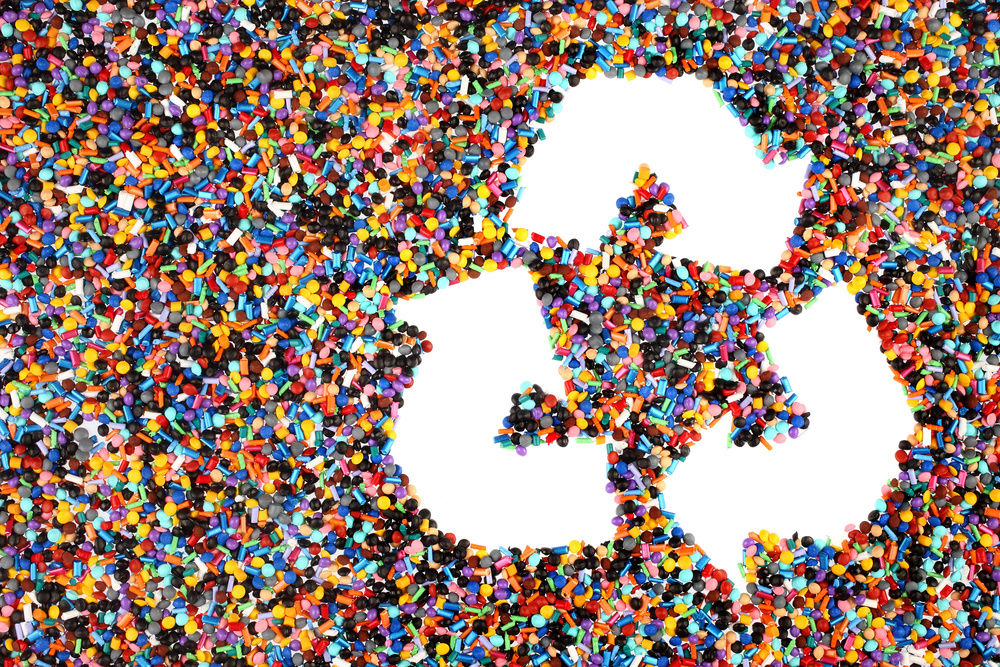You’ve probably heard by now of the stunning report released by Greenpeace in late 2022, a report that basically admitted recycling consumer plastics is a lost cause. And if not, it is enough to know that the report upset a lot of people. But set consumer plastics aside for one second. There are still very good reasons to recycle.
The Greenpeace report focused almost entirely on consumer plastics and, more specifically, single-use plastics like food containers, water bottles, etc. What applies to single-use plastics does not necessarily pertain to industrial plastics or materials like paper, wood, glass, and metals.
For example, Tennessee-based Seraphim Plastics has been successfully recycling industrial plastic waste for years. Dozens of companies around the country do the same thing. They can all do for industrial plastics what we haven’t been able to accomplish with consumer plastics. So if nothing else, companies should continue recycling their industrial plastic scrap.
Much of Our Waste Is Unnecessary
As for the many good reasons to recycle, they start with the concept of waste. It is impossible to function in this world without generating some sort of waste. Waste is part of the natural order of things. But much of the waste we produce in the modern world is unnecessary. Think about it.
When something breaks, what do we do? More often than not, we throw it away and buy a replacement. That is not how our grandparents and great grandparents did things. They fixed whatever broke.
Back before we had access to incredibly cheap consumer goods, the things people owned were too valuable to discard carelessly. Fixing things was the norm. And when something could not be fixed, you looked for ways to repurpose it. Throwing it away was a last-resort option.
Waste Consumes Resources
Our propensity for generating unnecessary waste leads us to consume more resources than we otherwise would. Think about paper for a minute. Recycling paper is one of the few success stories we can say about recycling, in general. Tons of paper is recycled in the U.S. every year. Imagine if that weren’t the case.
If we just threw away all that paper, think about how many more trees we would have to cut down to manufacture new paper products. Sure, new trees can be planted where old ones have been cut down. But it takes a long time before a tree is ready to be harvested.
Moving on, think of all those electronic devices you use. Recycling them means putting recoverable materials back into the manufacturing stream. It means less of a demand for natural resources among manufacturers building new devices.
Sometimes It Even Saves Money
If you cannot think of any other reason to recycle, think of this: sometimes it can save money. Seraphim’s practice of recycling industrial plastic gives manufacturers access to plastic regrind that can cost less than virgin plastic. Utilizing regrind cuts down the cost of manufacturing which, in turn, leads to better retail prices.
The same can be said for recycled office paper. A few decades ago, recycled office paper was more expensive than new paper. But that is no longer the case. Recycled products usually cost no more at retail. Often times, they cost less.
It is true that consumer plastic recycling hasn’t worked. It has its own issues that make it difficult to do it a profit. But just because consumer plastics cannot be recycled effectively right now doesn’t mean other materials face the same problems. There are still very good reasons to recycle. As they say, don’t throw the baby out with the bath water.

